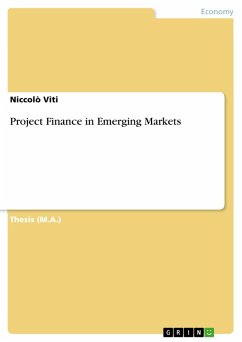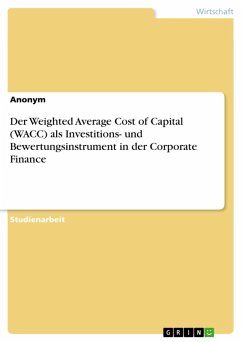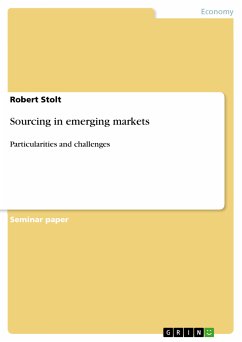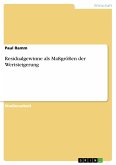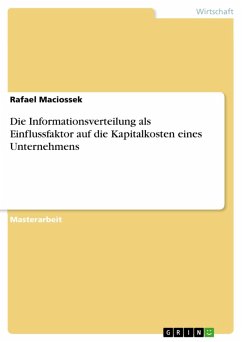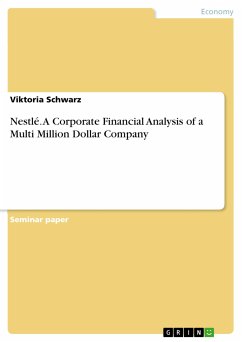Thesis (M.A.) from the year 2014 in the subject Business economics - Investment and Finance, grade: 105, University of Siena, course: MSc in Finance, language: English, abstract: Project Finance approach is an important financing mechanism because of its intrinsic features and differences with respect to the conventional corporate finance. It has experienced a rapid development and growth in the last decades both in developed and developing countries. The aim of this dissertation is to study and deepen the Project Finance in Emerging Markets framework. After a brief introduction of the main general features of this approach, it will focus on the developing countries context: the historical evolution overview, the risks evaluation, the international institutions involved and the economic impact of project finance in this scenario. Furthermore, financial feasibility study will be conducted in order to evaluate a project over several financial and economic aspects. Finally, all these theoretical issues will be empirically applied to the PMESA case study. It regards a hydroelectric power plant built in Brazil in the early 2000s through the project finance approach. The project evaluation is time located in these years because Brazil was considered an emerging market and it presented some peculiar economic and financial characteristics.
Dieser Download kann aus rechtlichen Gründen nur mit Rechnungsadresse in A, B, BG, CY, CZ, D, DK, EW, E, FIN, F, GR, HR, H, IRL, I, LT, L, LR, M, NL, PL, P, R, S, SLO, SK ausgeliefert werden.

